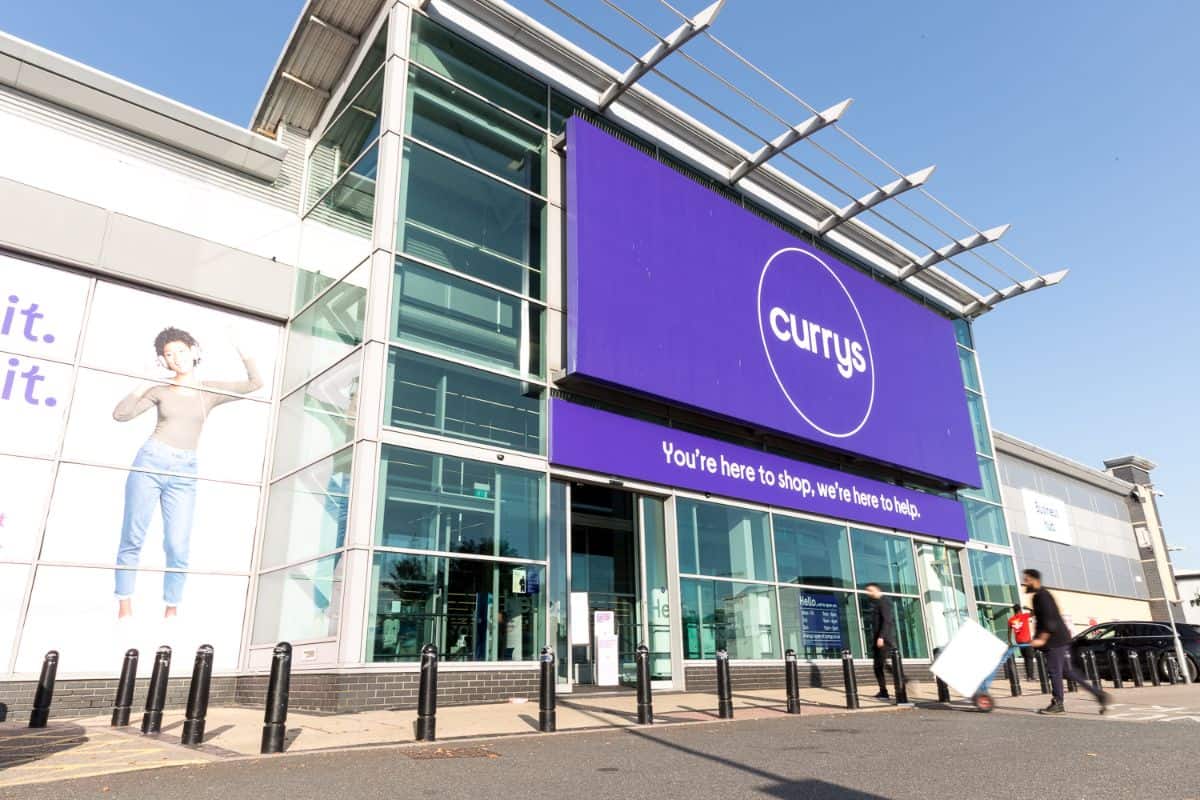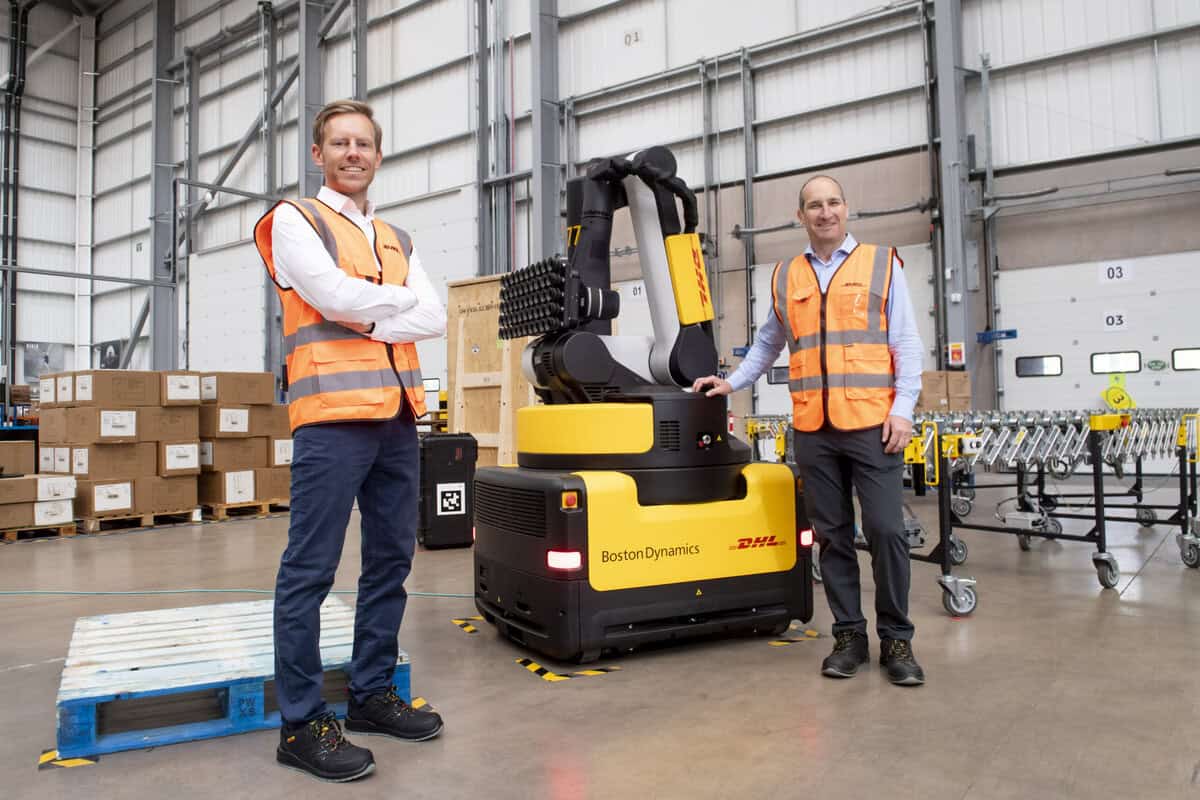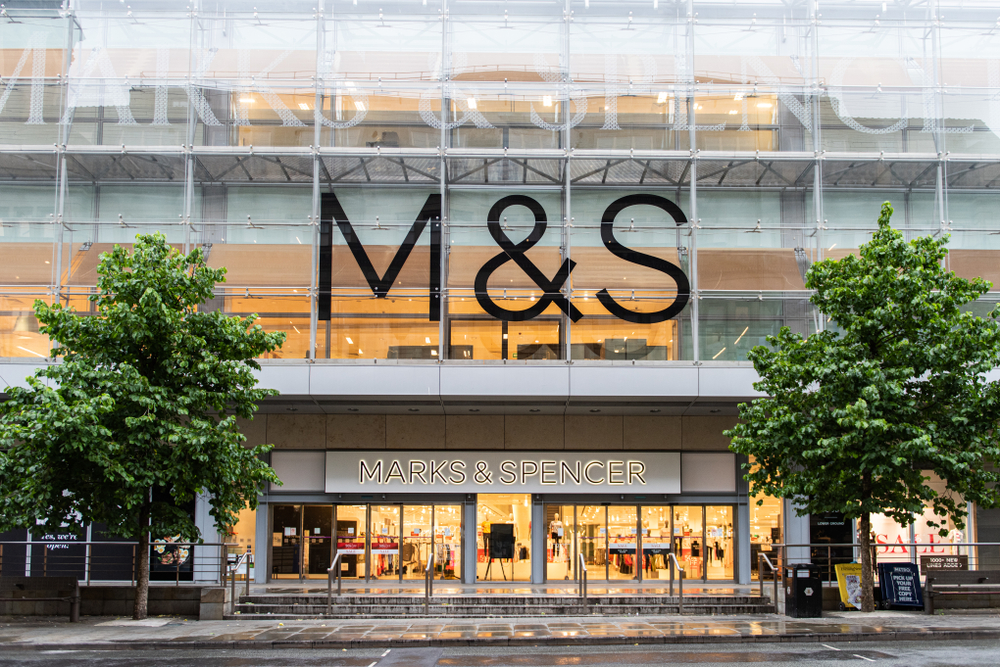Free meals will be on offer to staff at the John Lewis Partnership this Christmas, while Very is launching a new affordable range designed to help with cost of living worries, and Ubamarket says some convenience stores using its apps, such as Budgens, are using them to offer lower prices.
As the rising cost of energy drives up prices and inflation, retailers are taking action to help staff and customers deal with the rising cost of living this Christmas.
John Lewis Partnership: free meals for peak trading staff
John Lewis Partnership is looking to hire more than 10,000 temporary staff across its sales channels as it prepares for this year’s peak trading season. The retail group will be taking applications for seasonal in-store roles from September 8 and says that both existing and new staff will receive free meals at work between October 3 and January 6 as it looks to help with the cost of living crisis.
The multichannel retailer aims to take on the staff across the business, from its distribution network to its Waitrose and John Lewis stores. Vacancies include 4,000 members of staff at 331 Waitrose branches, including customer delivery drivers and supermarket assistants and 2,000 jobs in its 34 John Lewis stores, where recruits will work in areas from sales to merchandising. A further 4,000 roles are in its supply chain, where it is looking for warehouse workers and drivers to handle an expected rise in online orders from both its Waitrose and John Lewis websites.
The partnership says that both existing and new staff will receive free meals at work between October 3 and January 6 as the retail group looks to help with the cost of living crisis.
Andrew Murphy, chief operations officer at the John Lewis Partnership, says: “We pride ourselves on creating a happy workplace because it’s our partners who make the difference and it’s thanks to them that John Lewis and Waitrose are two of the UK’s best-loved brands. We are looking forward to welcoming people across the country to grow our team and ensure we deliver a great Christmas for our customers.”
Very: new Everyday collection
Very is launching a new Everyday own brand fashion and homewares collection with affordable products that are designed to help customers handle the rising cost of living.
The brand includes more than 700 products in areas from women’s, men’s and children’s clothing and homewares including furniture, lighting and bedding, designed in-house. Very says its Everyday products cost an average of 20% less than its own V by Very own brand range, and that 85% of products will cost £30 or less. They also include products that are designed to be more sustainable, such as denim produced using less water and chemicals than traditional methods.
Robbie Feather, retail managing director at The Very Group, says: “We’re proud and excited to be launching Everyday. It offers our customers timeless wardrobe staples for the whole family as well as a brilliant mix of essentials and finishing touches for their homes.
“As the cost of living continues to rise, we know value for money matters more than ever to our customers. That’s why we plan to grow the Everyday collection, adding hundreds more lines of great quality fashion and home products at affordable prices over the next few months.”
Convenience stores: app-based shopping
Will Broome, chief executive of Ubamarket, says that some convenience store retailers are using its scan, pay and go app-based technology in order to reduce the impact of inflation on their customers.
“Supermarket chains and suppliers rely on narrow profit margins, although most industries are affected by the rising rate of inflation, consumer goods and foods have felt a stronger impact,” says Broome.
“Suppliers will typically request small price increases, now we see suppliers requesting up to 10% increments to fight inflation, which is directly passed on to the consumer – at the end of the day it becomes a tug-of-war on profits and the burden lies with the consumer. We can expect to see food prices begin to fall in line with inflation, but this won’t happen until 2023 at the earliest. At Ubamarket, we believe that it is the responsibility of retailers and grocery chains to help curb the impacts of inflation on consumers where possible. In light of this, we’ve currently introduced initiatives with some of our partners like the Nash & Gardner’s Budgens in Islington to match inflation and discount all products on our app accordingly for the month of September”
Convenience store retailers operate Ubamarket’s apps under their own names. Budgens scan, pay and go app, for example, now enables shoppers to use it to pre-order their groceries before they then collect them in-store. Shoppers can also dictate their shopping list into the app, which rearranges it into the order in which items are displayed in-store.
Ubamarket says that convenience stores from Budgens to EuroSpare and Central England Co-op are using its apps to compete with the till-free shopping experience offered by Amazon Fresh and Tesco GetGo. It uses machine-learning to generate customer deals and money saving offers on the items they buy the most often, while the app can also enable shoppers to verify their age, shop via dietary requirements and let them know which packaging is recyclable.









